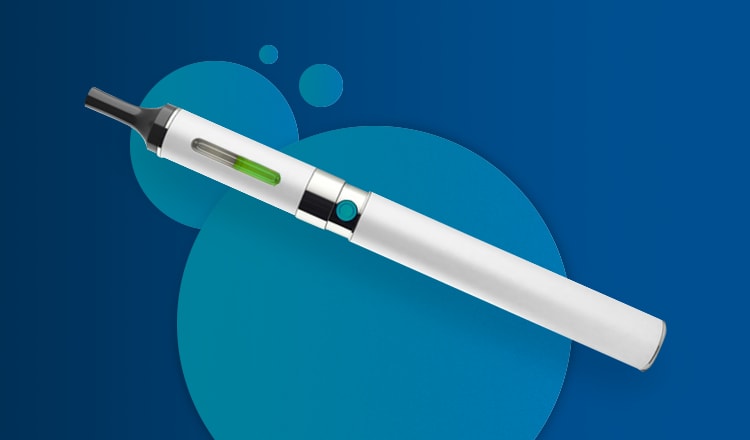Investigations into respiratory failure cases are ongoing, and much is unknown, but here’s a quick summary of what is known:
- The U.S. Food and Drug Administration (FDA) says that both itself and the Center for Disease Control (CDC) are working tirelessly to investigate the incidents.
- According to a CDC update on November 20, 2019, more than 2,000 cases have been reported in 49 states, and tragically at least 47 deaths have been confirmed, following claims they had been using vaping devices.
- The CDC has carried out laboratory testing of fluid samples collected from the lungs of 29 patients with e-cigarette- and vaping-associated lung injury (EVALI). They found vitamin E acetate in all of the samples. Vitamin E acetate is used as an additive, most notably as a thickening agent in THC-containing e-cigarette, or vaping products.
- While the FDA and CDC have not yet identified the cause of the lung illness in these cases, the agency recommends not using e-cigarettes or vaping products that contain THC or Vitamin E acetate, not modifying or adding substances to legally bought e-liquids, and not purchasing e-liquids other than from store-based suppliers.
- The FDA has NOT recommended refraining from using e-cigarettes or vaping products altogether. It has said that, since the specific cause of lung illnesses is not yet known, the only way to assure you are not at risk while the investigation continues would be to consider refraining from the use of all e-cigarette and vaping products.
- The FDA also recommends that users of THC-containing vaping products should monitor themselves for symptoms (coughing, shortness of breath, and chest pain, for example) and promptly seek medical attention if they have health concerns.
- PMI does not sell any vaping products in the U.S., and no PMI vaping product has been identified in any of the reported cases.
- Public Health England tweeted on September 12: “Our advice on e-cigarettes remains unchanged – vaping isn’t completely risk-free but is far less harmful than smoking tobacco.”
- The best thing adults who smoke can do to protect their health is to quit tobacco and nicotine altogether. For those who do not quit, they deserve access to and information about products that are a better choice than continuing to smoke.
To best address critical questions related to new and innovative nicotine-containing products, including guarding against youth use and defining the appropriate quality and safety standards, manufacturers in the US must put their products and scientific evidence before the U.S. Food and Drug Administration (FDA) for scientific review.
PMI did so for its electrically heated tobacco product, IQOS, and is sharing comprehensive information and scientific evidence on IQOS with authorities in many other countries. On April 30, 2019, the FDA authorized IQOS for sale in the U.S., finding that marketing of the product would be “appropriate for the protection of public health”. Parallel applications seeking authorization to market IQOS as a modified risk tobacco product remain under scientific review by the FDA.
We fully back efforts to understand the root causes of this lung disease outbreak, followed by targeted action to prevent it from happening again.
We also support proportionate regulation of smoke-free products that ensures quality and safety standards are met in the U.S. and elsewhere.
But we value the crucial role smoke-free alternatives play when manufactured according to appropriate safety and quality standards and used responsibly by adult smokers who would otherwise continue smoking.
The FDA has created an information page on “Lung illnesses associated with use of vaping products”, including links to further resources and recommendations for the public. The Center for Disease Control also has a page on the issue.




